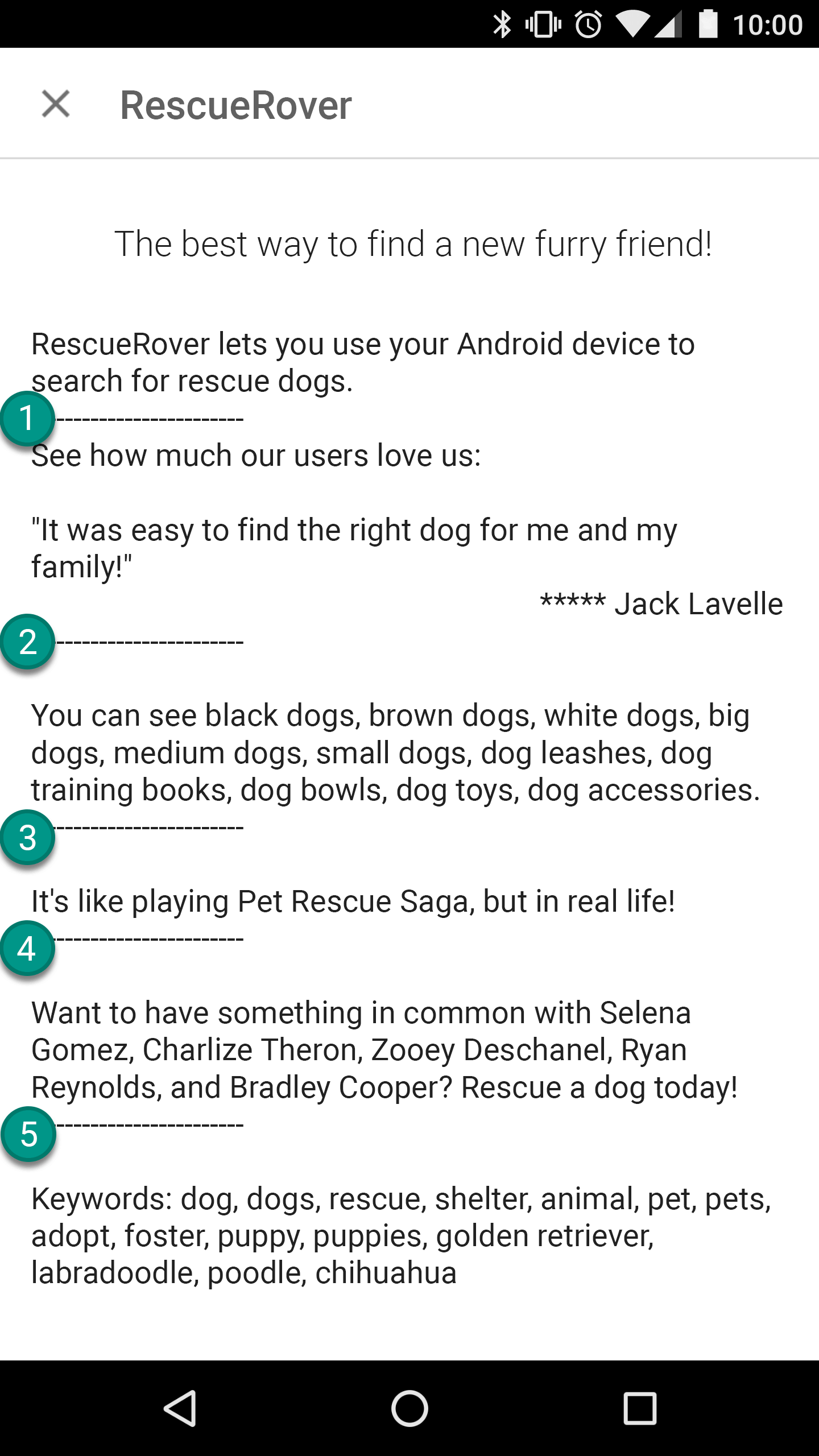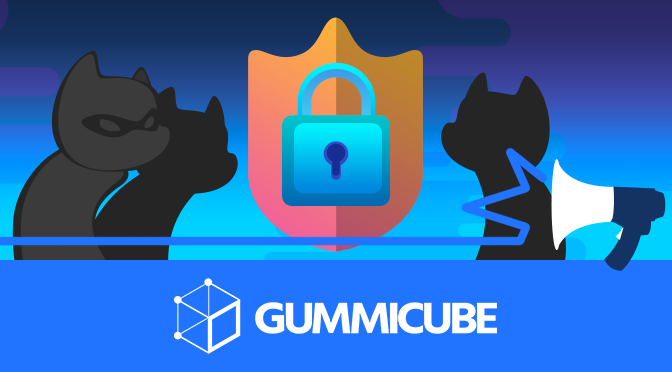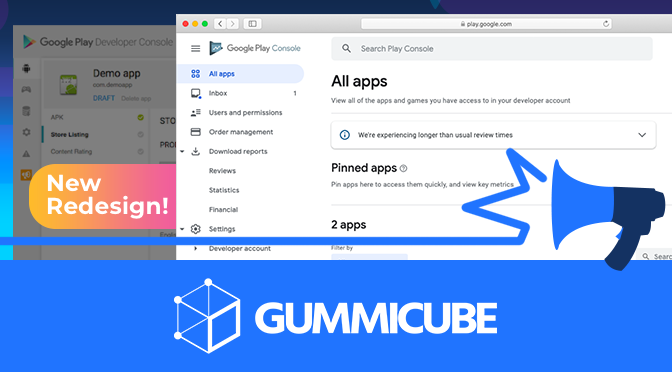
App Store Holiday Schedule 2020
Posted on November 23rd, 2020
When is the App Store Holiday Schedule 2020? Learn about the dates of this year's shutdown and how to prepare.

Google has updated its metadata rules in order to create an improved experience for users. The new rules outline suggestions based on appropriate content, as well as best practices for highlighting your app’s best features in the Google Play store. Many of the new updates simply reflect what Google has been saying all along – don’t lie about the functionality of your app, don’t stuff unrelated keywords into your description, and don’t use the names of other apps out of context. In the below screenshot, Google outlines how some developers try to scam their way to rankings by stuffing inappropriate keywords into their app descriptions.  In case the above points aren’t clear, Google outlines specifically what they are not looking to see in a description:
In case the above points aren’t clear, Google outlines specifically what they are not looking to see in a description:
When writing a Google Play description, it is important that you use keywords that are relevant for your app. Placing those keywords in a Google Play-friendly location of your description, such as at the front of a sentence, can also help you pick up rankings, no keyword-stuffing needed. Google then goes on to list examples of inappropriate text, images, or videos within your app listing:
Finally, Google lists off several best practices to adhere to when crafting your app listing.
These are just a few of the tips that Google had in store. To see the rest, head over to their Metadata page. For the most part, these tips go along with what ASO experts have recommended. Keep the focus on your app, not on testimonials or competing app names, and Google should have no problem with your app’s metadata.

When is the App Store Holiday Schedule 2020? Learn about the dates of this year's shutdown and how to prepare.

Apple's App Store Guidelines have strict privacy requirements. Developers now must provide information to users on the App Store listing regarding the data they access.

The Google Play Developer Console has been updated with a new design and adjusted tools. What's different, and how will it impact App Store Optimization?